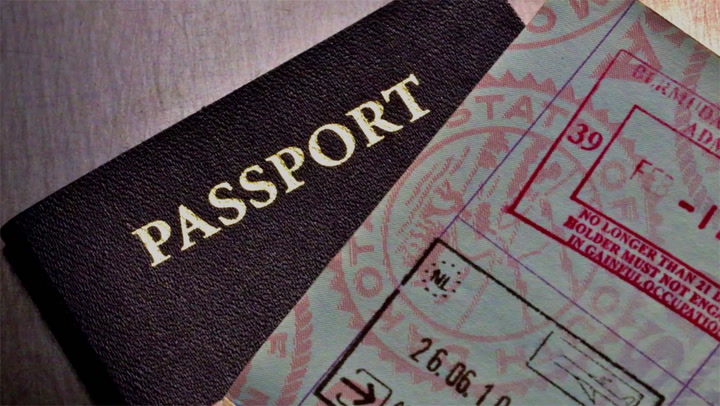Unlocking Global Travel: Claiming Citizenship Through Ancestry
Getting a new stamp in your passport can be exciting. While you may already possess a passport from your country of birth, you could also obtain another, especially if you have a grandparent (or in some cases even a great-grandparent) born outside your homeland.
It’s important to note that U.S. passports are not the most powerful in the world. Consequently, many travelers seek to broaden their travel horizons by considering alternative passports based on their ancestry.
Your family ancestry is not merely a topic for dinner conversation; it can unlock new locations around the globe. Whether your motivation is to travel with fewer visa concerns, navigate customs lines faster, or simply feel more connected during your travels, exploring your ancestral rights for a different passport could be highly beneficial.
Below are seven countries where ancestral ties may allow you to claim citizenship.
Ireland

If one of your grandparents was born in Ireland or held Irish citizenship at the time of your birth, you may be eligible for Irish citizenship, as per the Irish Foreign Ministry. To obtain a passport, you must apply for Foreign Birth Registration, which may take up to a year to process.
United Kingdom

To apply for British citizenship through a grandparent, you will undertake a three-step process that can span several years. If one of your grandparents was born in the U.K., you must first apply for a U.K. Ancestry visa, allowing you to reside in the country for five years. Afterward, you may apply for permanent settlement. Once you hold that status for a year, you can apply for citizenship.
Italy
In Italy, descendants of Italian citizens might be able to claim citizenship, with no restrictions on how many generations back your ancestors left the country, provided they kept their Italian citizenship until their children were born, according to the Italian Ministry of Foreign Affairs. Proof of lineage can be established with birth and marriage certificates.
Spain

If one of your grandparents was originally Spanish, you may apply for Spanish citizenship, as noted by the Ministry of Foreign Affairs, European Union and Cooperation of Spain. However, you need to legally reside in Spain for one year before applying.
Hungary

Hungary offers citizenship to most individuals with Hungarian grandparents. To verify your citizenship status, you can simply apply for verification. Notably, the language requirement does not apply if your grandparents lost their Hungarian citizenship due to historical treaties following World Wars I and II. However, if they did lose their citizenship, you can still pursue simplified naturalization, provided you speak Hungarian.
Germany

Individuals whose ancestors lost their German citizenship due to persecution from 1933 to 1945 may be eligible to restore their citizenship. To claim this, you must demonstrate that if your ancestor had not been deprived of their citizenship, you would have automatically acquired it by birth.
Lithuania

If one of your grandparents or great-grandparents held Lithuanian citizenship before 1940 and left Lithuania before 1990, you may be entitled to Lithuanian citizenship. To prove this ancestry, you will need to provide documentation such as birth certificates or records related to studies or employment prior to 1940, as suggested by the Lithuanian consulate.





